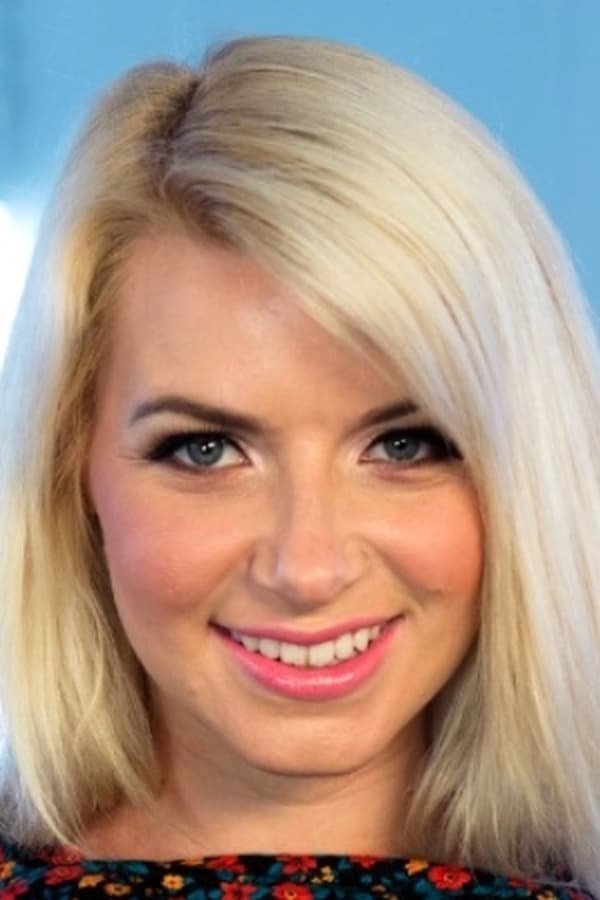Is genuine inclusion truly achievable in modern society, particularly within institutions like the church? The resounding work of Dr. Anika Albert suggests that not only is it possible, but it is a moral imperative. Her research and advocacy challenge conventional notions of belonging, pushing for a society where every individual, regardless of ability or background, feels valued and empowered.
Dr. Albert's journey began in May 2021 when she assumed the role of Junior Professor at the Institute for Diaconal Studies and Social Welfare (IDWM) at Bielefeld University. Her inaugural lecture in July 2022, delivered jointly with Professor Ulrike Witten, tackled the complex issue of inclusion within the church and broader society, setting the stage for her ongoing commitment to this critical area of study. Her work delves into the intricacies of creating inclusive environments, particularly focusing on the challenges and opportunities presented by the changing demographics of an aging population.
| Bio Data & Personal Information | Career & Professional Information |
|---|---|
| Name: Dr. Anika Albert | Position: Junior Professor |
| Institution: Institute for Diaconal Studies and Social Welfare (IDWM), Bielefeld University | |
| Start Date: May 2021 | |
| Field of Study: Inclusion, Diaconal Studies, Social Welfare, Gerontology | |
| Inaugural Lecture: July 2022, "Inclusion: Living in Church and Society?" (Joint lecture with Prof. Ulrike Witten) | |
| Research Focus: Inclusion of people with intellectual and mental disabilities within the context of demographic change and an aging population. | |
| Bielefeld University Staff Page (Example, may need updating) |
The shifting demographics, marked by an inversion of the age pyramid in Germany, present unique challenges and opportunities for inclusion. Where once the younger generation formed the base, the increasing proportion of older adults necessitates a reassessment of how we approach social structures and support systems. This is particularly true for individuals with intellectual or mental disabilities, who face compounded challenges as they age. Dr. Albert's work confronts these complexities head-on, exploring innovative approaches to care, community integration, and ensuring a dignified life for everyone.
Her research underscores the importance of understanding the intersectionality of aging and disability. It's not simply about providing care, but about fostering genuine belonging and empowering individuals to participate fully in society. This requires addressing not just the physical needs of an aging population, but also the social, emotional, and spiritual aspects of well-being.
Dr. Albert's contributions extend beyond academic research. She is a passionate advocate for policy changes that promote inclusive practices. Her work influences the discourse surrounding disability rights and informs the development of strategies for creating more equitable and accessible communities. She challenges the often-overlooked systemic barriers that prevent full participation, advocating for a shift in societal attitudes and a recognition of the inherent worth of every individual.
The urgency of her work is amplified by the demographic realities of the 21st century. As the population ages, the need for inclusive practices becomes increasingly pressing. Dr. Alberts research offers valuable insights and practical solutions for navigating this complex landscape, paving the way for a society where everyone can thrive.
Through her dedication to research, advocacy, and teaching, Dr. Anika Albert is shaping the future of inclusion. Her work is a testament to the power of scholarship to drive meaningful change and build a more just and equitable world.
Her collaborations, such as the joint lecture with Professor Ulrike Witten, demonstrate her commitment to interdisciplinary dialogue and the importance of bringing together diverse perspectives to address complex social challenges. This collaborative approach further enriches her research and broadens the impact of her work.
In a rapidly changing world, Dr. Alberts research offers a beacon of hope, demonstrating that inclusion is not merely an ideal, but a tangible goal that can be achieved through dedicated scholarship, thoughtful policy, and a fundamental shift in how we perceive and value each member of our society. Her continued work promises to further illuminate the path towards a truly inclusive future.


